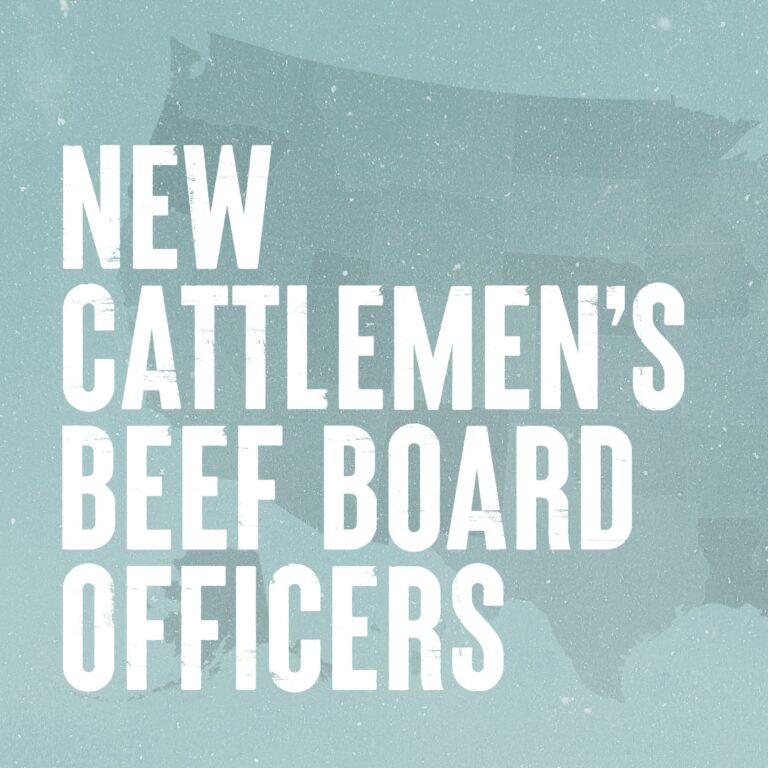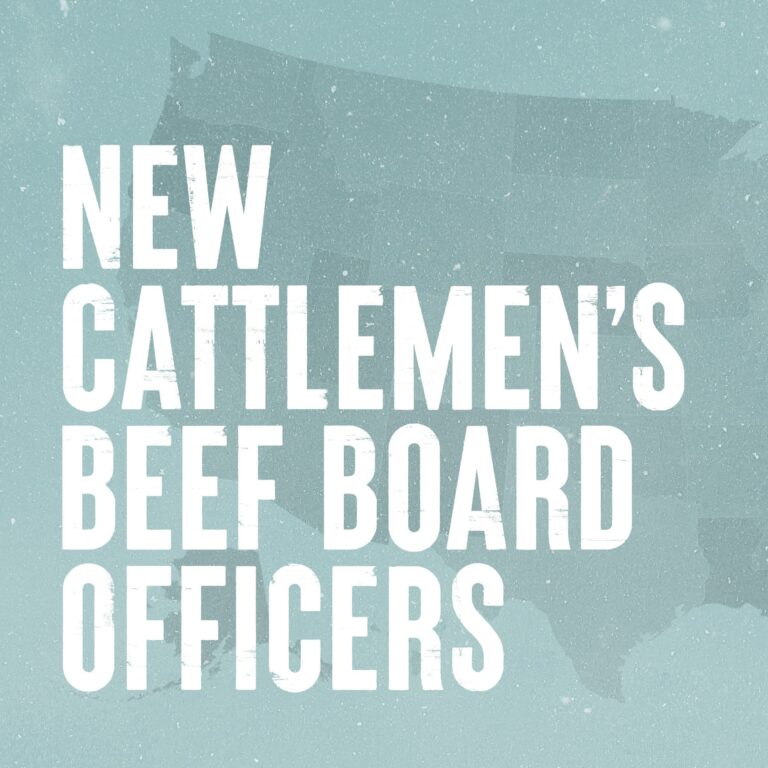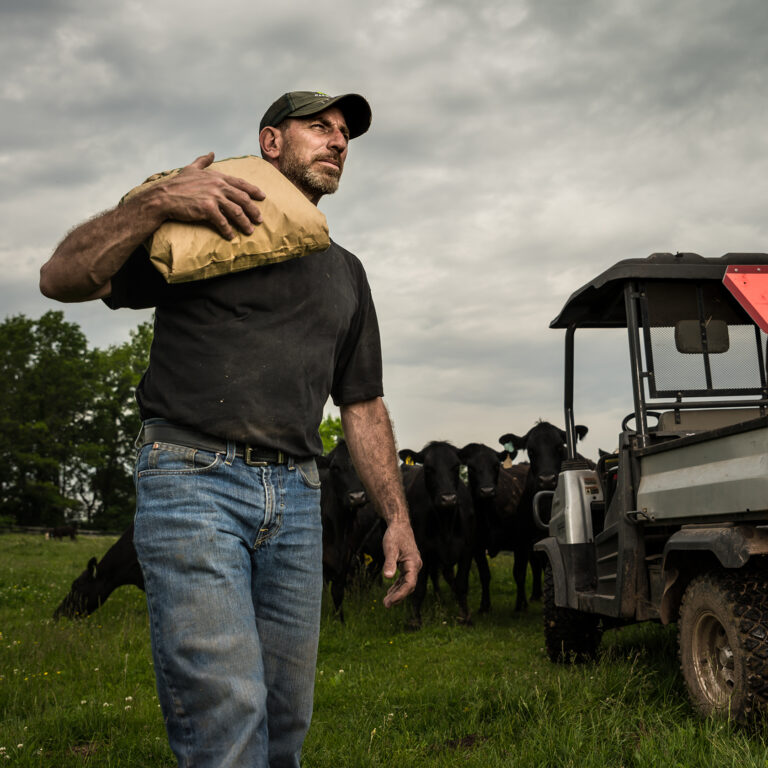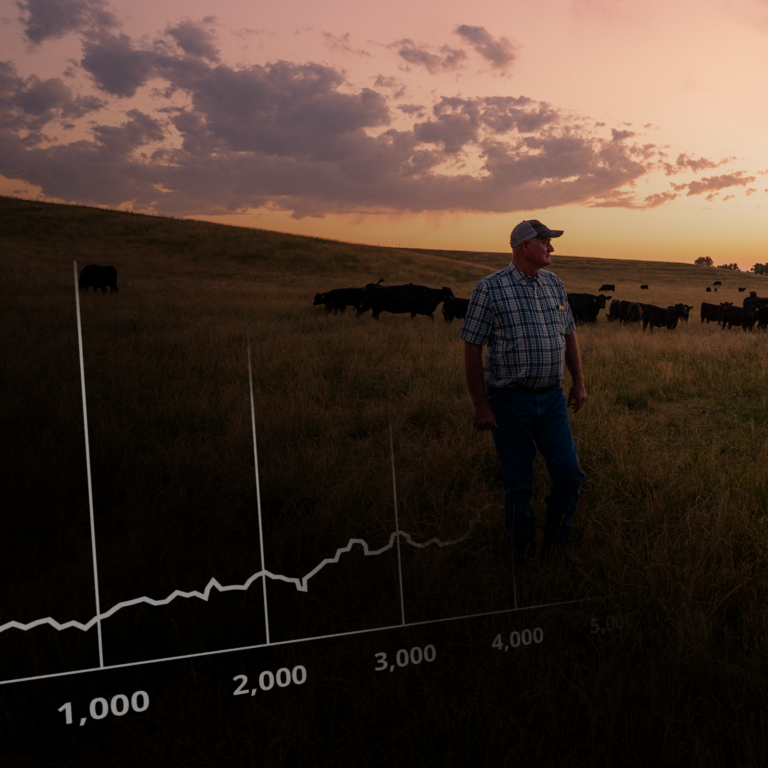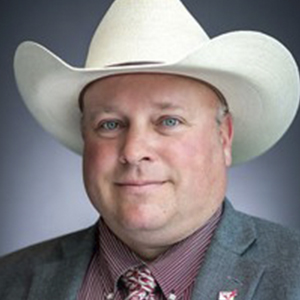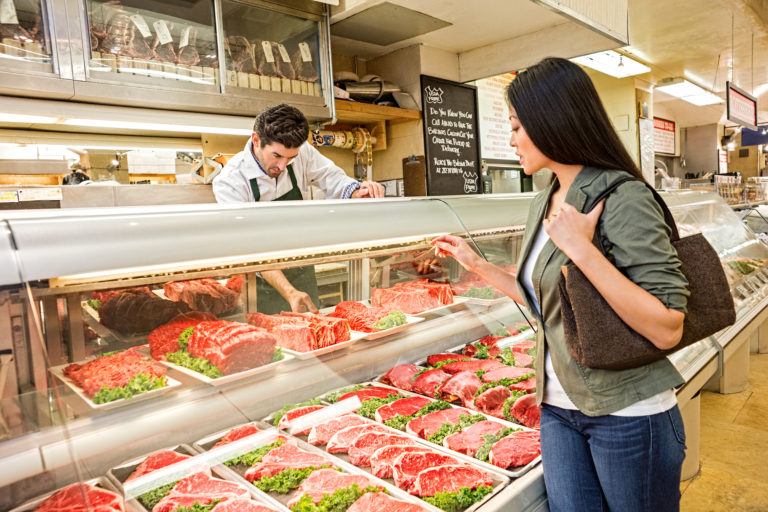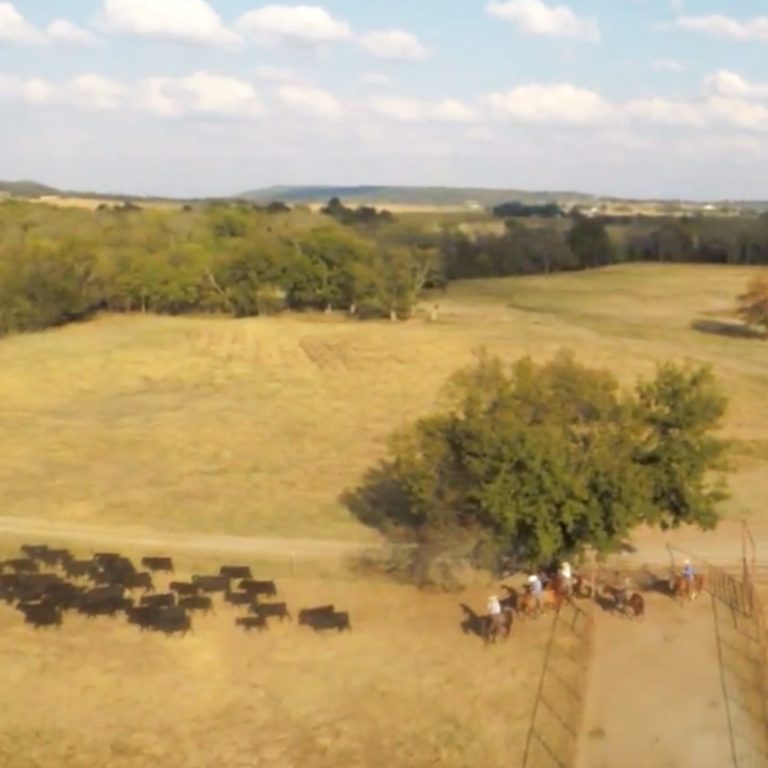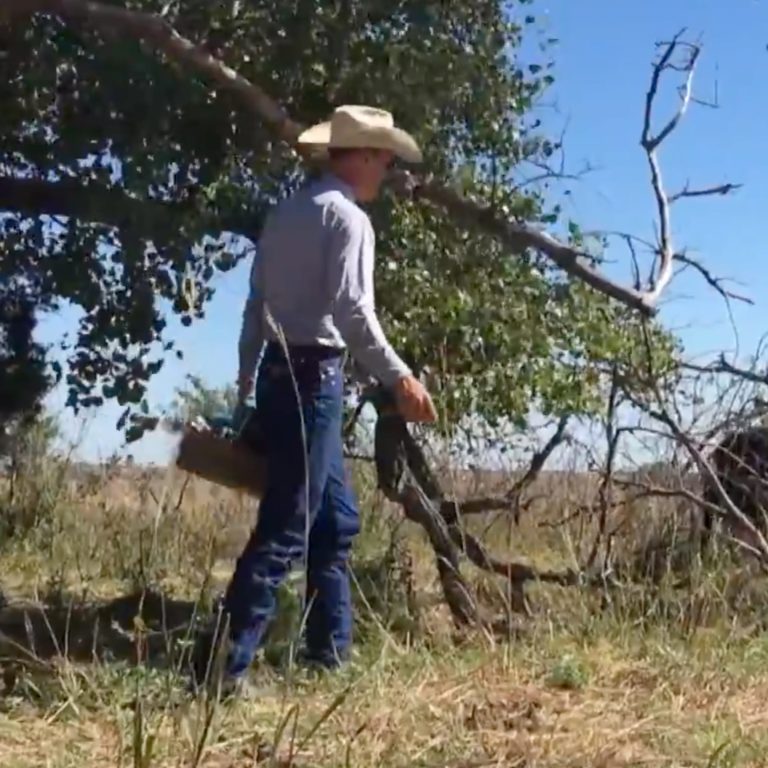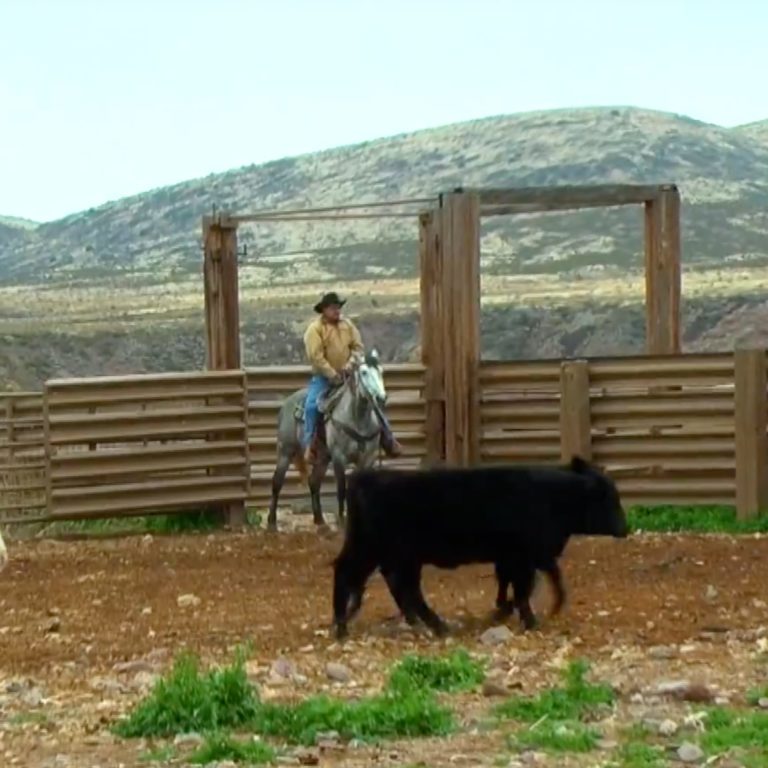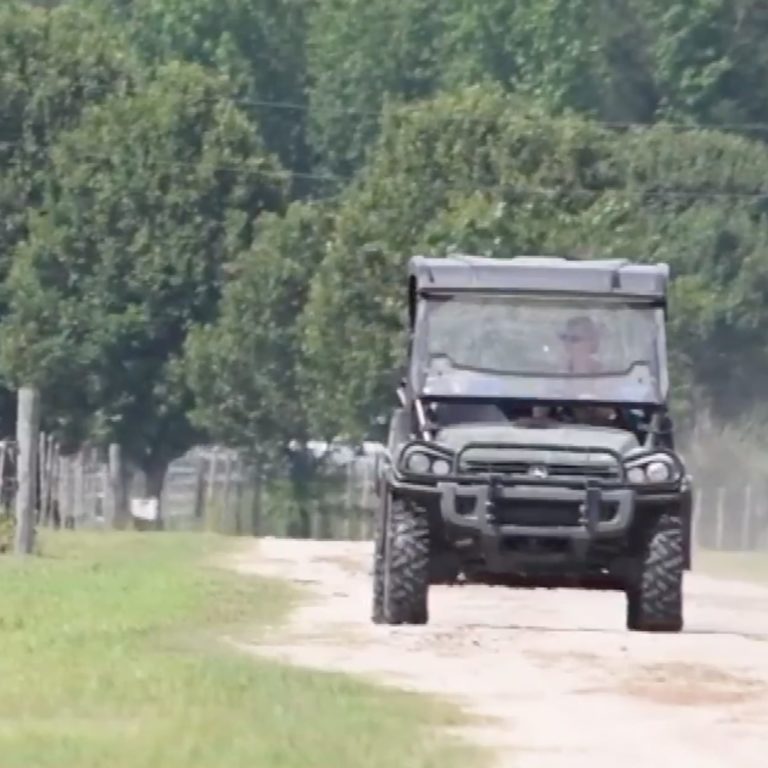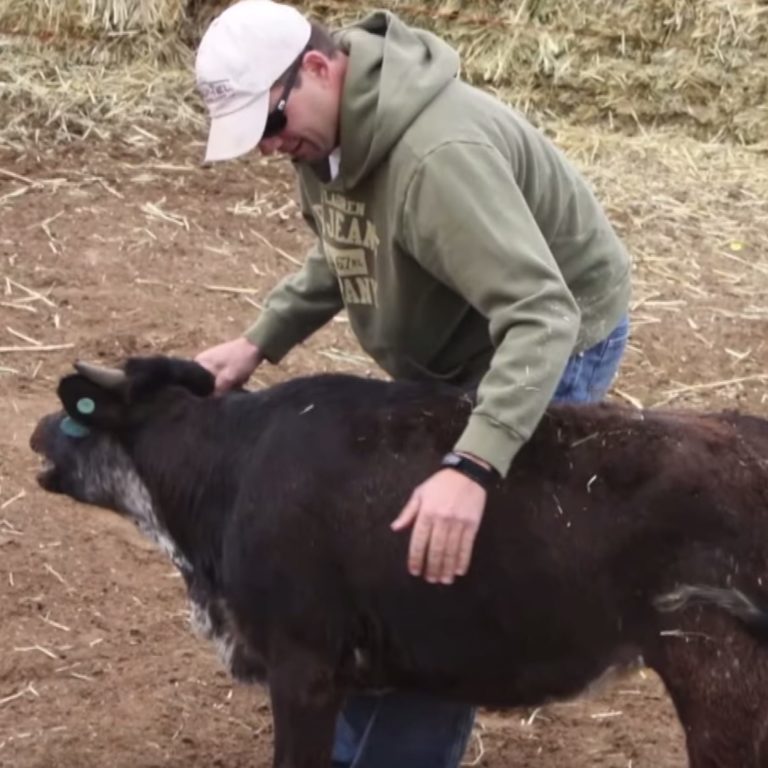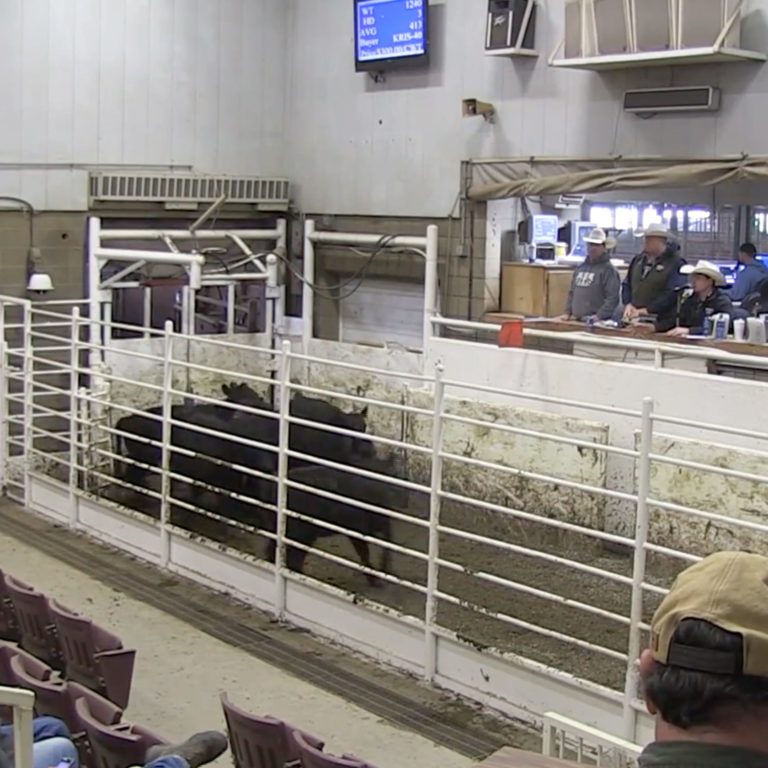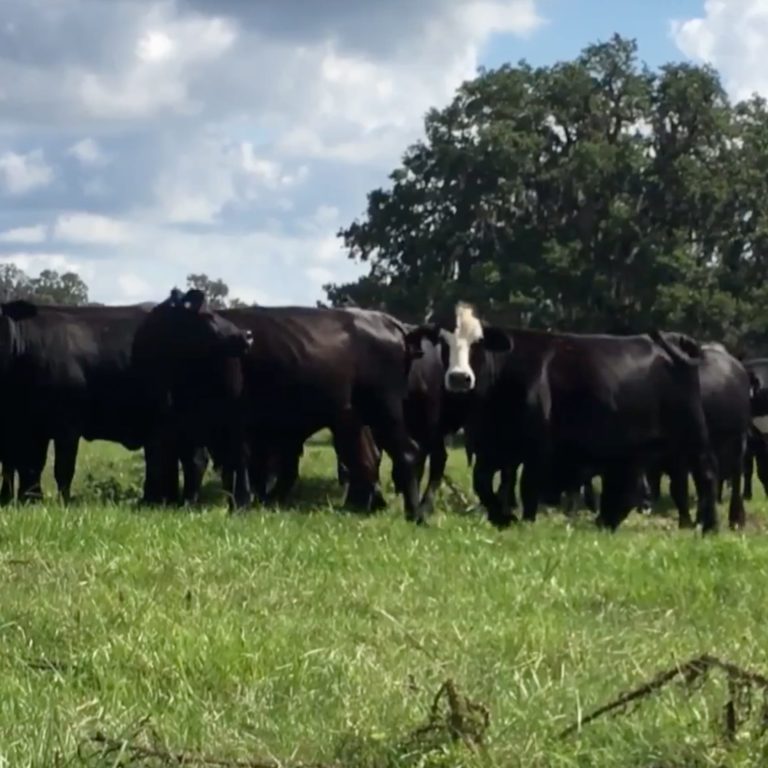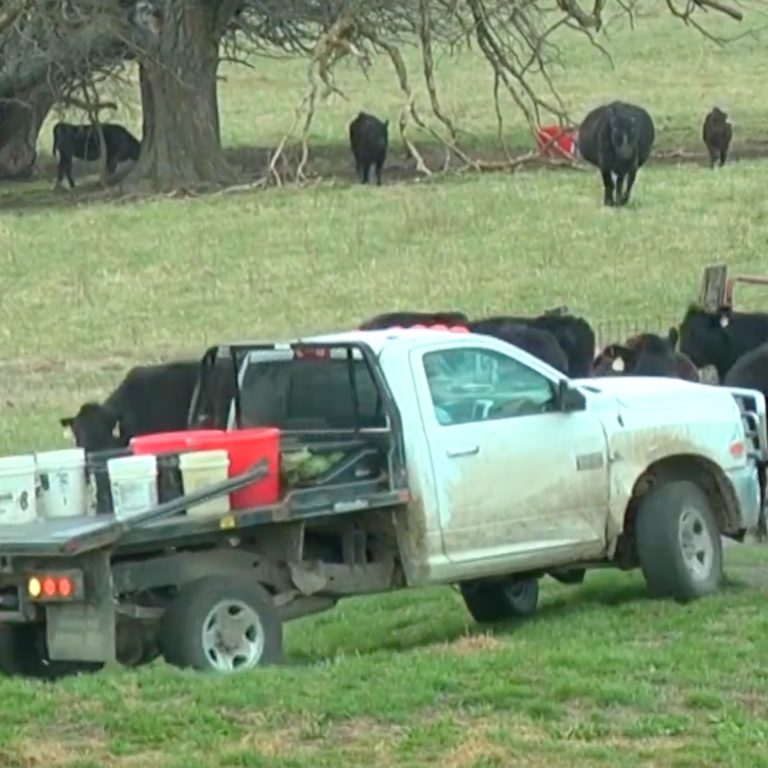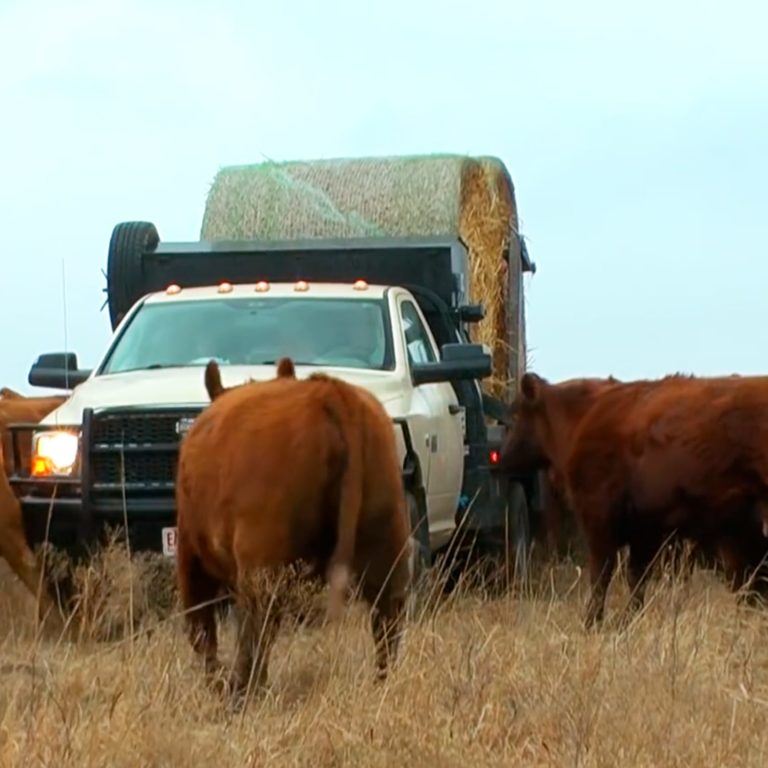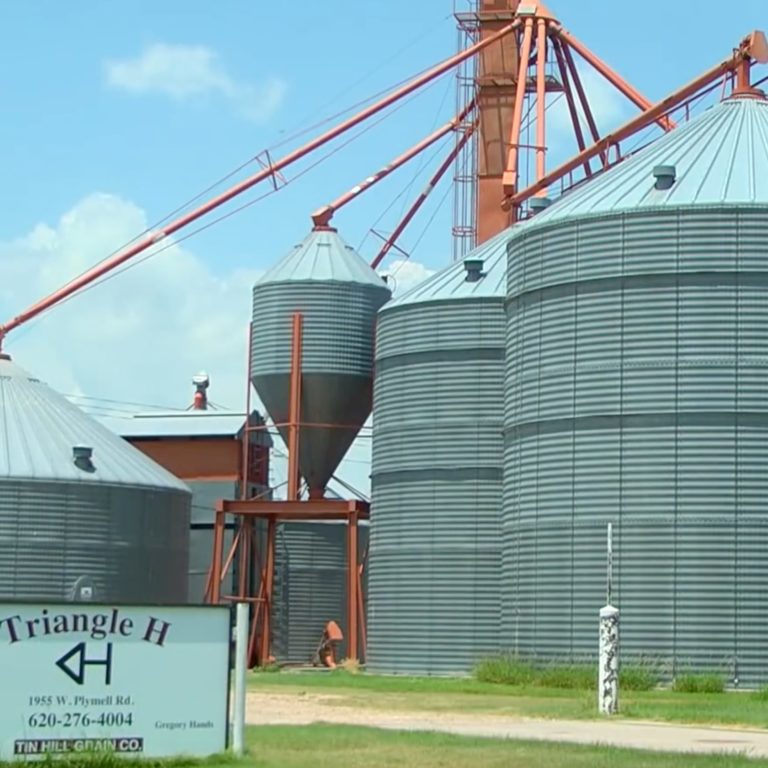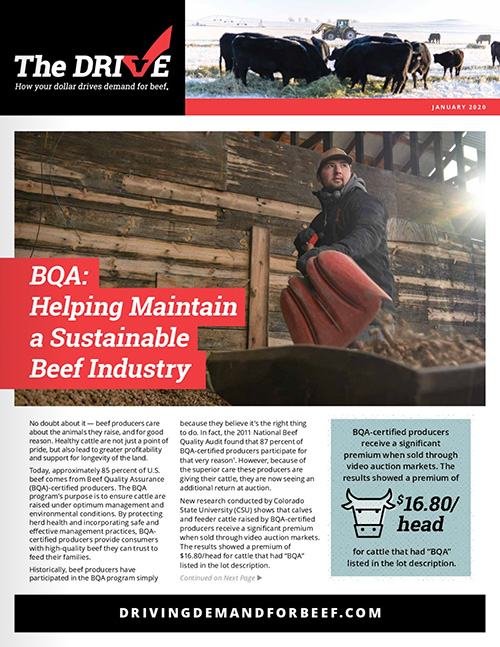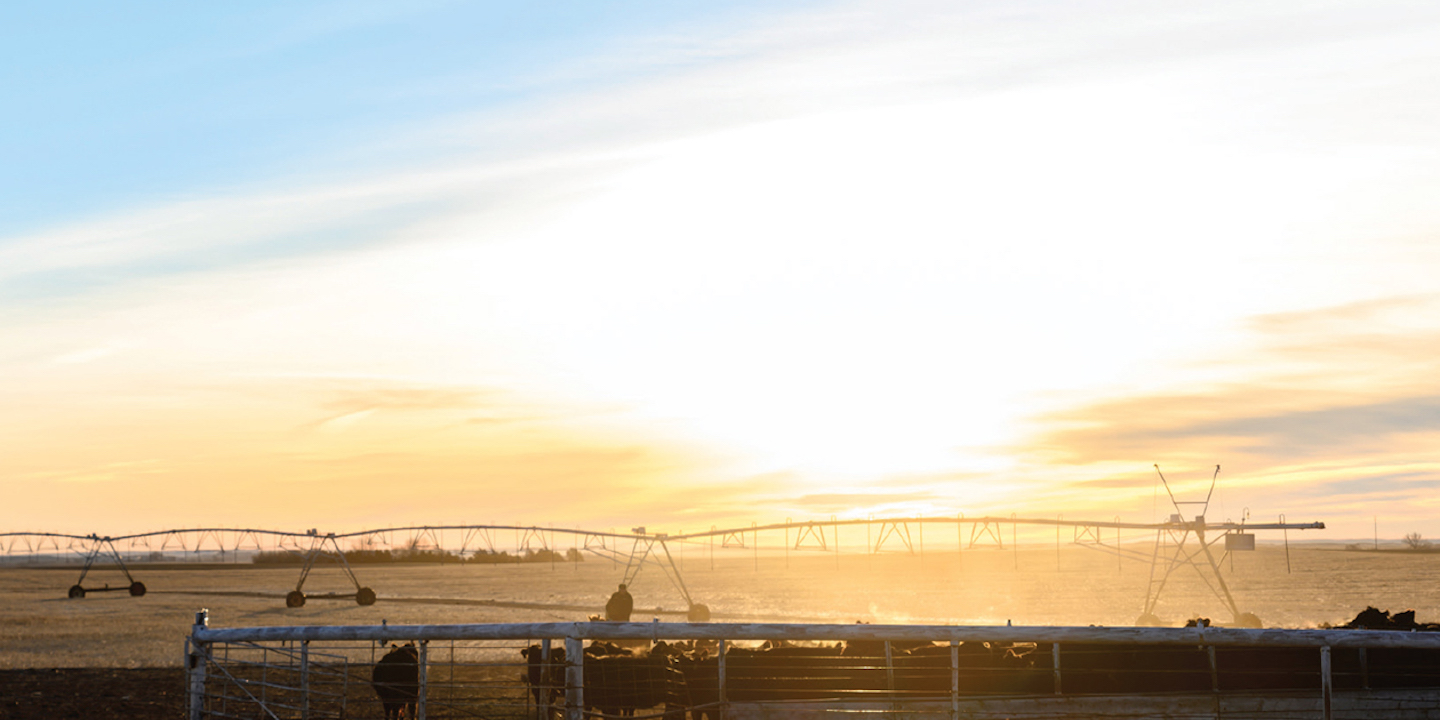
Beef Checkoff Showcases Great Value to Beef Industry in ROI Analysis
The return on investment (ROI) analysis, independently conducted by Dr. Harry M. Kaiser of Cornell University in June, shows the promotional efforts by the Beef Checkoff during the five-year period from 2014 through 2018 were highly effective and positive for the beef industry. Overall, every dollar invested in Beef Checkoff activities returned $11.91 to the beef industry, driving demand.
During the five-year review period, all Beef Checkoff promotion and research activities increased total domestic beef demand by 12.8 billion pounds. In other words, had there been no Beef Checkoff activities during that time, domestic beef demand would have been 14.3 percent lower. As for foreign demand, results indicated that if there had been no foreign market development efforts by the Beef Checkoff, U.S. beef export demand would have been 5.5 percent lower in the eight foreign markets studied within the analysis.
The Beef Checkoff expenditures align within these nine areas of focus: general beef advertising, foreign market development, industry information, new product and culinary development, product enhancement research, channels marketing, beef safety research, nutritional research and public relations. Within those categories, advertising receives the most funding, followed closely by foreign market development, to ensure beef is at the forefront of consumers’ minds and helps grow U.S. beef demand around the world.
Every five years an outside research group conducts an ROI analysis to assess the program’s impact within the beef industry and to safeguard the effective and efficient use of producer dollars.
The Beef Checkoff program was established as part of the 1985 Farm Bill. The checkoff assesses $1 per head on the sale of live domestic and imported cattle, in addition to a comparable assessment on imported beef and beef products. States may retain up to 50 cents on the dollar and forward the other 50 cents per head to the Cattlemen’s Beef Promotion and Research Board, which administers the national checkoff program, subject to USDA approval.













